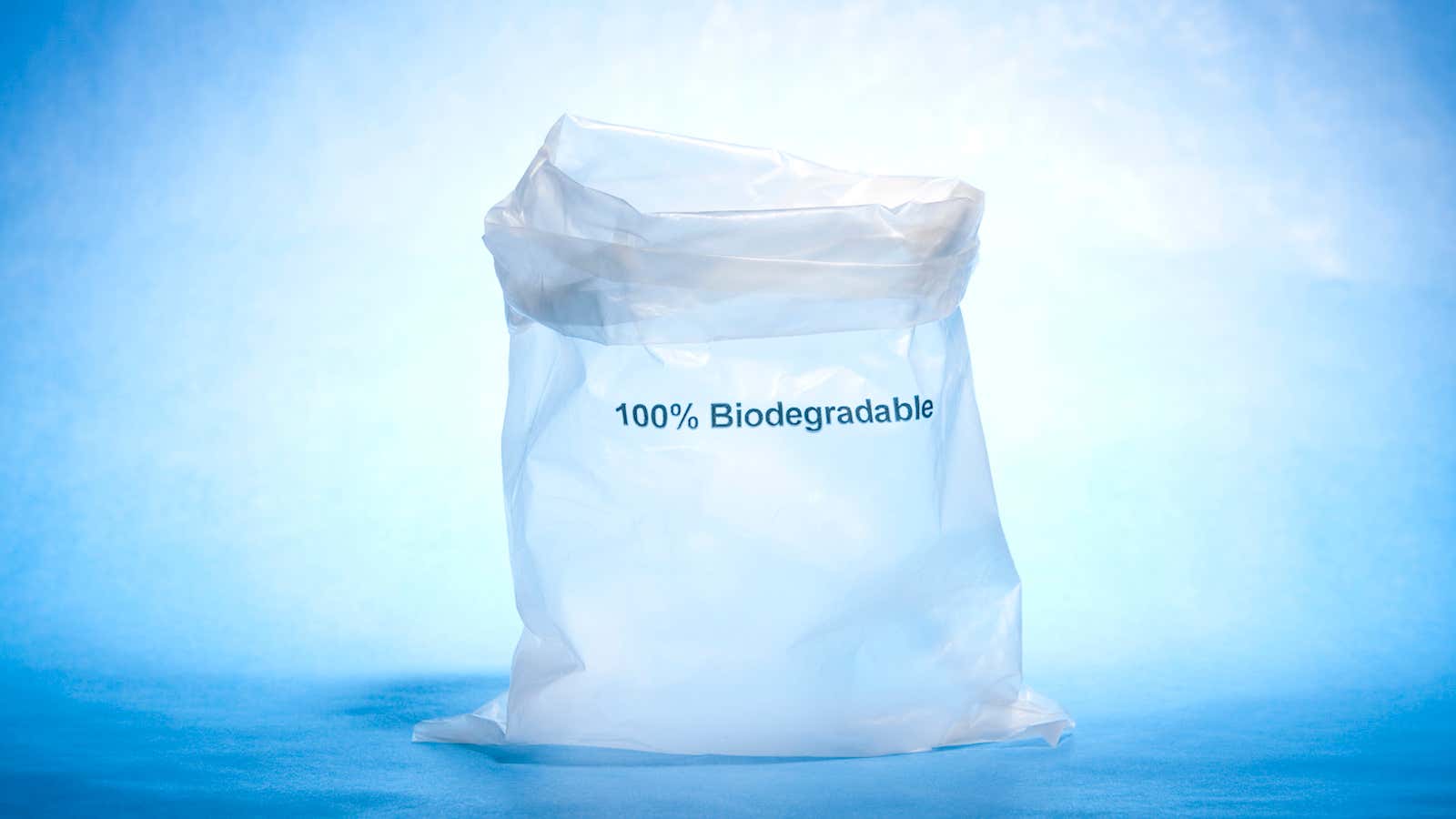In recent years, health and the environment have emerged as two of the biggest concerns for people around the world. With health, the rising rates of non-communicable diseases, which can cause disability and premature death, have encouraged more people to make healthy food choices. Likewise, plastic waste’s contamination of the land and sea has become a serious environmental issue, which also threatens human health. The plastic toxins affect not just wildlife, but, once they enter the food chain, humans as well.
Thanks to its abundant agricultural resources, Thailand is well-positioned to help solve both of these challenges. The country’s biggest exports are central ingredients to innovations in both food that’s used to prevent disease and in bioplastics, which substitute for chemically produced plastics. The country, which has already invested heavily in these concerns, hopes to create more opportunities to address them with Thailand 4.0, a set of new policies that will collectively transform the country’s economy by increasing innovation in the bioeconomy industry.
Thanks to its agricultural roots and strategic use of its natural resources. Thailand is already an agricultural powerhouse: Farming represents around 10% of the country’s GDP, employs roughly 40% of its population, and has helped it become one of the largest food exporters in the world. Today, its top three agricultural exports include rice, sugarcane and cassava. These advantages, Thailand hopes, will be central to its goal to become the “biohub” of Southeast Asia.
Using food innovation to prevent disease
Thailand, being a predominantly agricultural country, is in a fortunate position. Thanks to its abundant agricultural resources, the country has been able to develop new applications of food. Thailand’s status as one of the world’s largest rice exporters, for example, has helped find an innovative use for the crop: protecting against non-communicable diseases.
This innovation comes at a key moment. From 1980 to 2014, the number of people around the world with diabetes increased from 108 million to 422 million, due to rising rates of obesity and aging populations, according to the World Health Organization. This trend has helped accelerate advances in innovative food, which was developed to help people protect against and manage the disease. In 2017, Researchers at Thailand’s Mahasarakham University refined a processed rice grain from the country’s northeast region that slowly releases sugar into blood, making it effective at helping diabetes patients manage their conditions.
Another innovative rice product that’s emerged from Thailand’s research in universities is “riceberry rice,” a cross-breed of jao hom nin (non-glutinous black rice) and dawk mali (jasmine or fragrant rice). Produced originally in 2012 by scientists at Kasetsart University in Bangkok, the strain is rich in antioxidants and fiber, the latter of which aids digestion and can lessen the risk of diabetes, Alzheimer’s disease, heart disease, and cancer.
Converting food into bioplastics
Cassava is one of Thailand’s leading export agricultural products: The country exported 33 million tons of it in 2016 alone. While the root crop is most commonly used in the production of sweeteners, animal feed, and monosodium glutamate and medical food, its chemical properties also lend themselves to other key applications. One of those applications is bioplastics, which are often produced using cassava starch, along with other bio-based agricultural materials.
Cassava’s footprint extends to Thailand’s universities and companies, which are on the cutting edge of bioplastics production. PTT MCC Biochem, a joint venture between Thai oil and gas company PTT and Japan’s Mitsubishi Chemical Corporation, for example, developed bio-based polybutylenesuccinate (BioPBS), a breakthrough compostable plastic material derived from corn, cassava, and sugarcane. PTT, a leader in this space, has also made significant investments in research by backing Thailand’s first-ever medical-focused bioplastics lab for at Chiang Mai University last year. The other major bioplastics manufacturer in Thailand is Total Corbion PLA, which produces and markets Poly Lactic Acid (PLA) bioplastics.
Thailand’s investment in plant-based bioplastics production comes at a key moment: Worldwide consumption of bioplastics has increased more than 600% over the past decade and is expected to reach a 40% share of the global plastics market by 2030. And with governments around the world working to mitigate their citizens’ addiction to plastic and non-degradable packaging, Thailand is uniquely positioned to become a big player in this industry.
Together, Thailand’s investments in innovative food and bioplastics tell a powerful story of how a country can use its abundant agricultural resources — along with related technology, innovation, and R&D — to become a leader in the industries of tomorrow.
For more information about the benefits that Thailand might offer your business, visit the Thailand Board of Investment, which showcases resources and programs that create opportunities across a range of industries.
This article was produced on behalf of the Thailand Board of Investment by Quartz Creative and not by the Quartz editorial staff.
